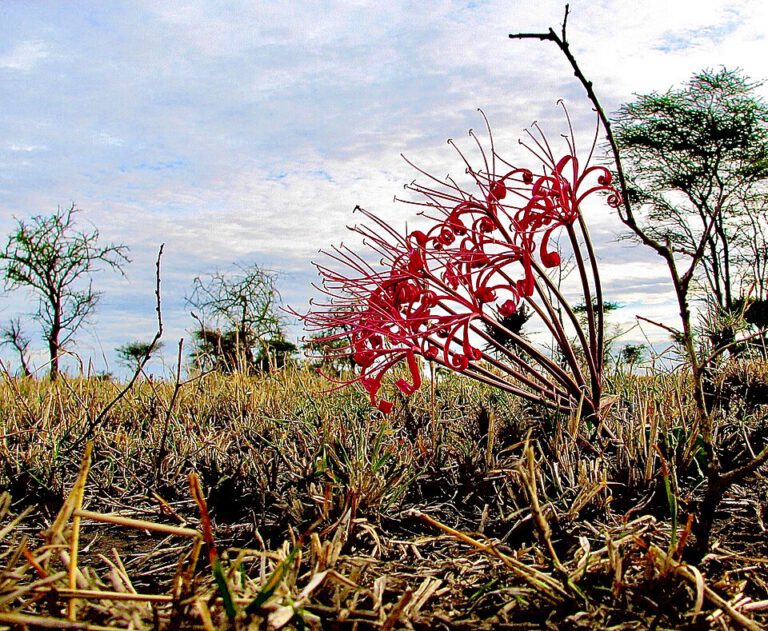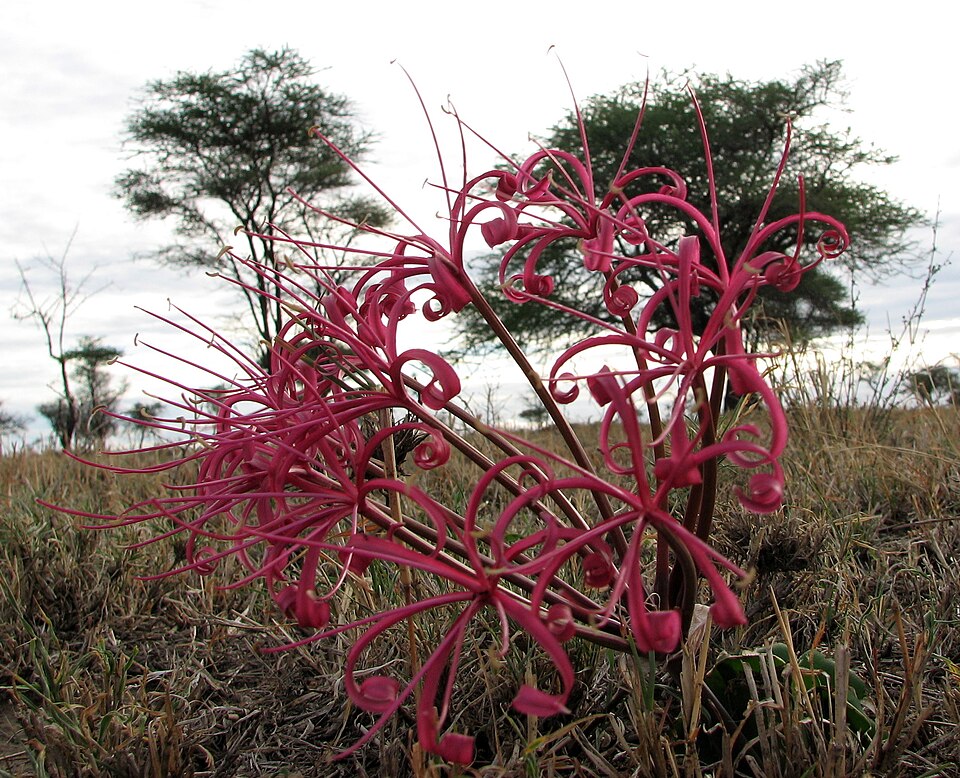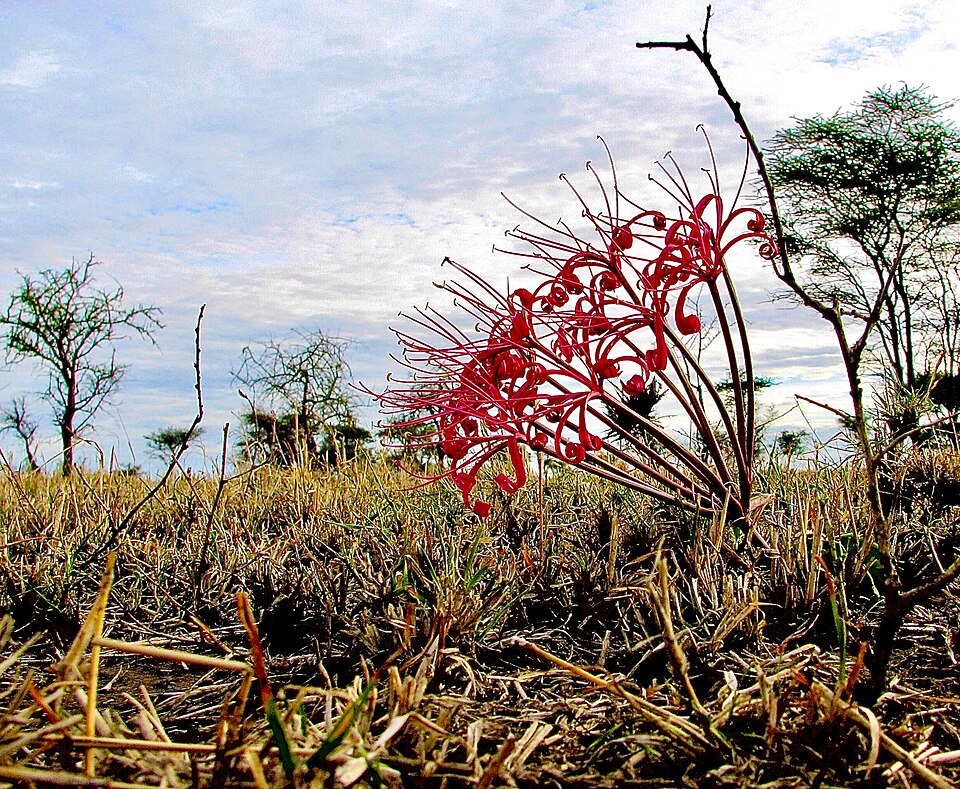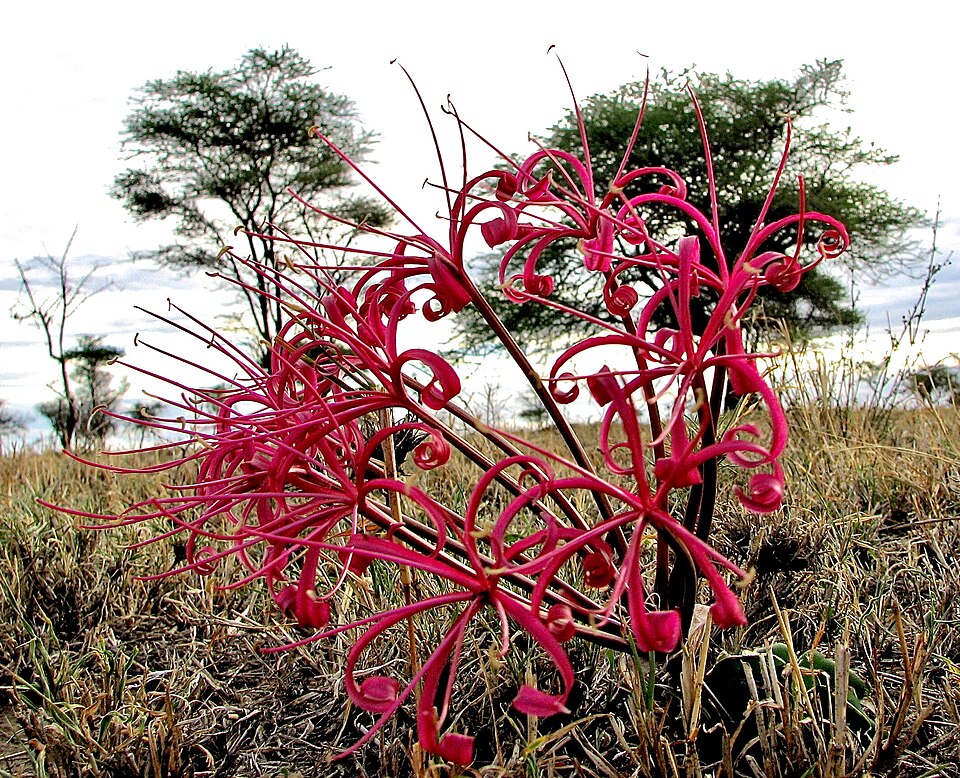Ammocharis: The Striking African Bulb That’s Perfect for Warm Climate Gardens
If you’re looking for a show-stopping bulb that can handle heat and drought like a champ, let me introduce you to Ammocharis. This gorgeous African native might not be a household name yet, but it’s definitely worth considering if you live in a warm climate and want something truly unique in your garden.
What Exactly is Ammocharis?
Ammocharis is a genus of bulbous plants that hails from the sunny regions of southern and eastern Africa, particularly South Africa and Zimbabwe. These aren’t your typical spring bulbs – they’re built for tougher conditions and reward patient gardeners with absolutely stunning blooms.
The Visual Appeal: Why Your Garden Will Thank You
Here’s where Ammocharis really shines (literally). These plants produce large, funnel-shaped flowers that range from soft pink to pristine white, and they’re absolutely breathtaking. The flowers often appear before the leaves, creating a dramatic surprise party effect in your garden. When the strap-shaped leaves do emerge, they add a nice architectural element that complements the spectacular blooms.
Where Does Ammocharis Fit in Your Garden?
Think of Ammocharis as the perfect specimen plant for:
- Rock gardens where it can show off among stones and succulents
- Mediterranean-style landscapes that embrace drought-tolerant beauty
- Container gardens on patios or decks
- Xerophytic gardens designed for water conservation
These plants work wonderfully as focal points rather than mass plantings, so you don’t need many to make a big impact.
Growing Conditions: What Makes Ammocharis Happy
The good news is that Ammocharis isn’t particularly fussy once you understand its needs:
- Sunlight: Full sun to partial shade (they prefer morning sun)
- Soil: Well-draining soil is absolutely crucial – think sandy or rocky
- Water: Drought-tolerant once established, but appreciates occasional deep watering during growing season
- Climate: USDA zones 9-11 (they don’t handle frost well)
Planting and Care Tips for Success
Here’s how to give your Ammocharis the best start:
Planting: Plant bulbs in fall, placing them just below the soil surface. Make sure your drainage is excellent – these bulbs will rot in soggy conditions faster than you can say oops.
Watering: During the growing season, water moderately. During dormancy (usually summer), cut way back on watering. Think of it as their beauty sleep time.
Fertilizing: A light application of balanced fertilizer in early spring will keep them happy, but don’t overdo it.
The Wildlife Connection
Your local butterflies and moths will absolutely love you for planting Ammocharis. The large, fragrant flowers are like a welcome mat for these pollinators, especially during evening hours when the fragrance is strongest.
A Word About Native Alternatives
While Ammocharis can be a wonderful addition to warm climate gardens, it’s worth considering some native alternatives that might provide similar beauty while supporting local ecosystems. Depending on your region, native bulbs or flowering perennials might offer comparable visual impact with the added benefit of supporting local wildlife.
The Bottom Line
Ammocharis is definitely a go for it plant if you live in zones 9-11 and want something unique that can handle heat and drought. Just remember that patience is key – these aren’t instant gratification plants, but the payoff is absolutely worth the wait. With proper drainage and minimal fuss, you’ll have a conversation-starting specimen that brings a touch of African elegance to your garden.
Ready to try something new? Ammocharis might just be the perfect addition to your warm-climate garden adventure!








